
Many people think that calcium supplementation is a matter for children and middle-aged and elderly people. But this view is obviously wrong!
Osteoporosis should be prevented from adolescence in order to obtain the best peak bone mass.
Take advantage of youth to supplement calcium and lay a good foundation for bone, and the risk of osteoporosis will be smaller in the future. Therefore, calcium supplement can be kept for children, young people, middle-aged and old people.
Don’t worry, put down the calcium tablets in your hand first!
For calcium supplement, we should start from the daily diet and eat something delicious to supplement calcium. How happy it is.
Dried shrimp and bone soup do not supplement calcium
When it comes to dietary calcium supplement, many people’s first reaction is to have some shrimp and bone soup.
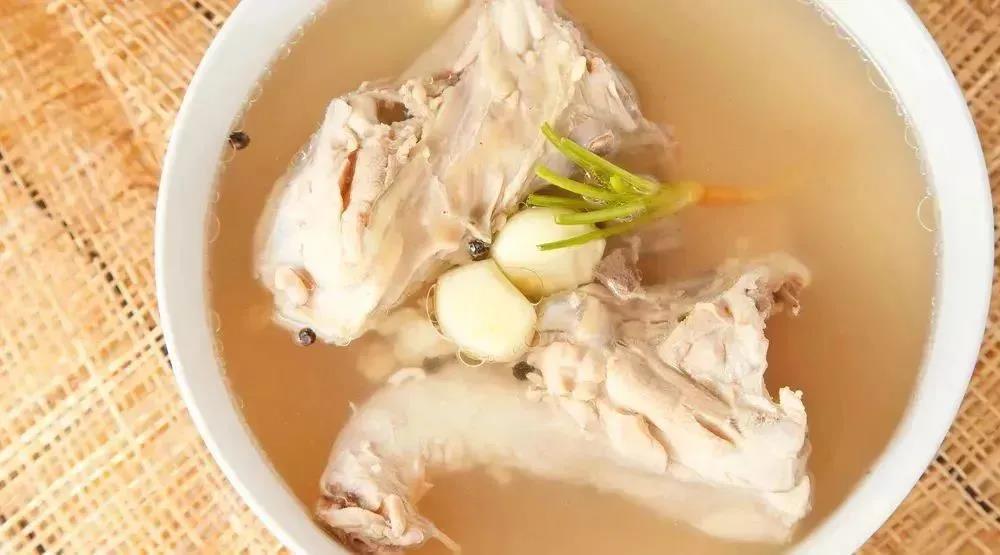
However, none of them is a good choice for calcium supplementation.
The calcium content of dried shrimp is 991 mg / 100g, which is really not low. But it has two problems:
High salt content. 100g dried shrimp contains 5057mg sodium, so it’s impossible to eat too much;
Low absorption. Dried shrimp is not easy to digest and the calcium contained is not easy to absorb.
In short, the disadvantages outweigh the advantages. So dired shrimps are not recommended.
Others believe that there is much calcium in bones, so bone soup should supplement calcium, which is very good.
However, in fact, the calcium in bone is difficult to dissolve. There is not much calcium in bone soup, but a lot of fat.
You can drink some if you like, but don’t think it can supplement calcium.
What exactly can people have to really supplement calcium? Please take this list of food to calcium supplements!
No. 6: nuts
Nuts, especially those with more oil, are also a good source of calcium.
The calcium content of all kinds of fried nuts is as high as 100 ~ 200 mg / 100g.
In addition, nuts are also rich in unsaturated fatty acids, and there are many fat soluble vitamins, such as vitamin E. if used in moderation, it is also beneficial to cardiovascular health.
Don’t have too many nuts every day. A handful of nuts without shells is enough.
No.5: sesame paste
Sesame paste really has a lot of calcium! 100 grams of sesame paste contains 1170 mg of calcium.
Does it look much better than milk and vegetables?
But the problem is that sesame paste is very high in calories, so you can’t eat more, and many people won’t eat it every day. Moreover, the content of phytic acid and oxalic acid in sesame is very high, and the calcium with them is difficult to be absorbed.
So let it be fifth.
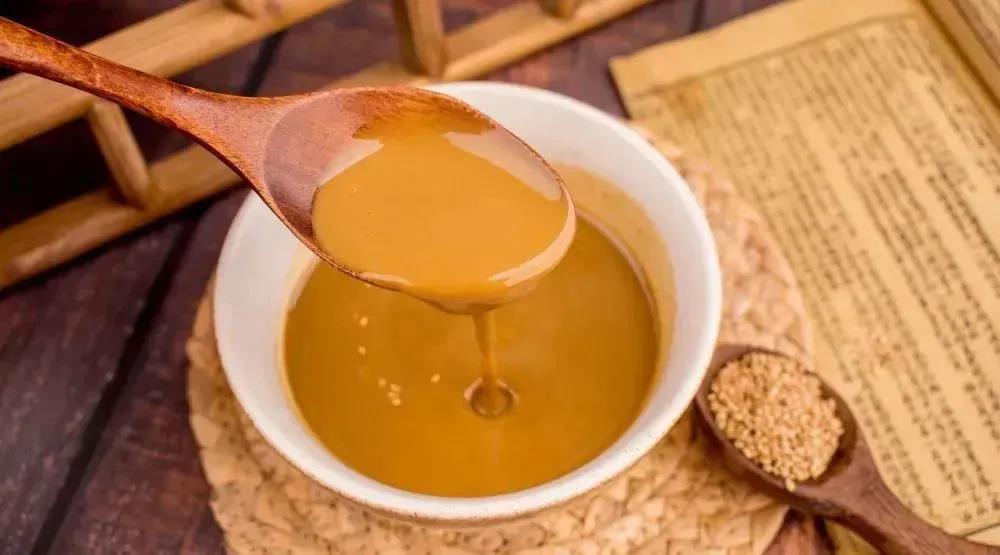
Have hot pot, steamed bread and cold noodles with sesame sauce
200 ~ 300 mg calcium is not a problem
No. 4: fish, shrimp, shellfish and other seafood
Although aquatic seafood is considered meat, they are also good calcium supplements:
The calcium content of fish is about 50-150 mg/100 g;
Shellfish usually contain more than 200 mg/100 g of calcium.
Is it a good excuse for everyone to eat seafood~
However, aquatic products cannot be eaten in excess. It is recommended to eat 40 to 50 grams per day, and 280 to 350 grams per week is enough.
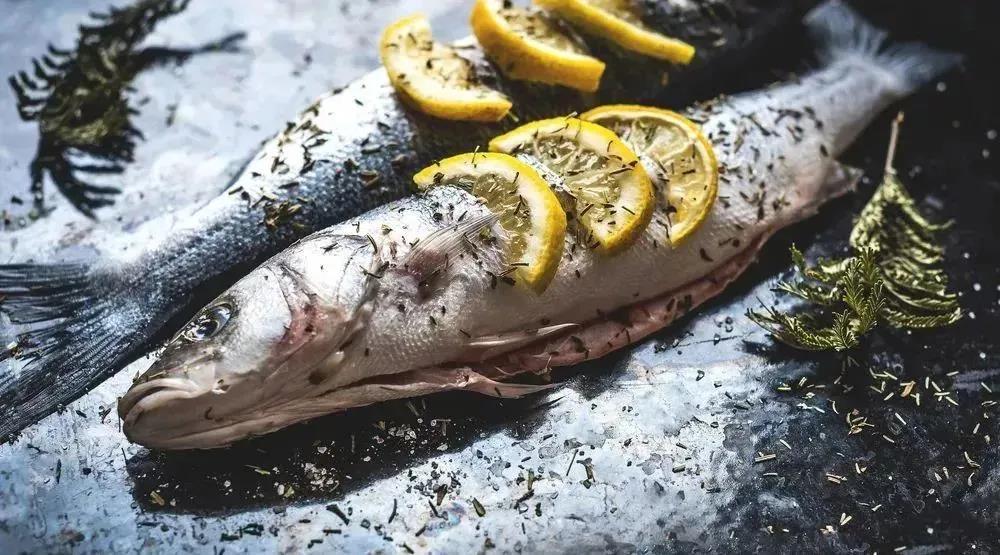
No. 3: certain soy products
Yes, not all soy products can supplement calcium, such as soy milk, lactone tofu, really not.
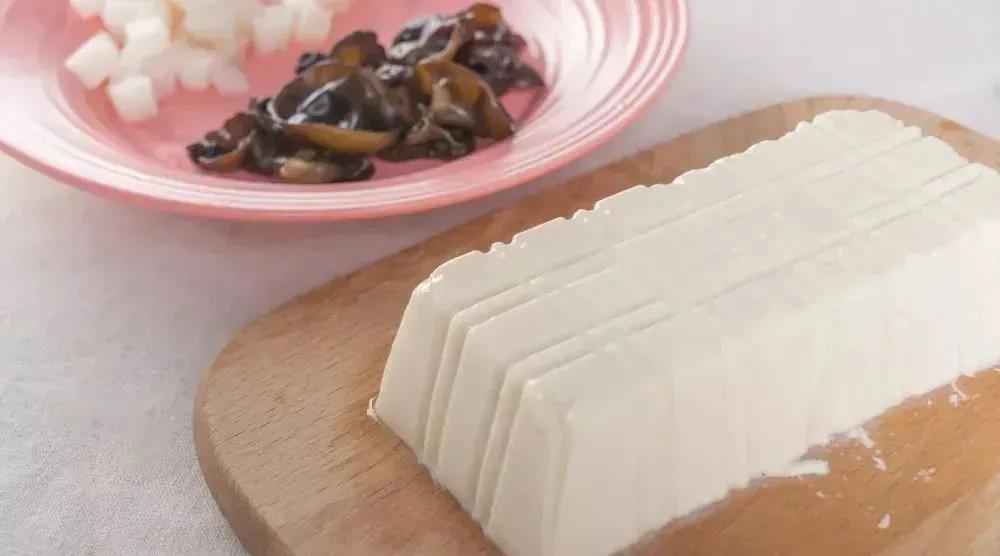
Lactone tofu tastes delicate and smooth, but the effect of calcium supplementation is poor
Soybeans are indeed rich in calcium, but after adding water into soy milk, the calcium content is diluted to 10 mg / 100 grams, which is only one-tenth of milk. So soy milk cannot replace milk.
If you want to supplement calcium by having soy products, it is recommended that you choose:
Brine tofu: also known as north tofu, calcium content 138 mg / 100 g;
Gypsum tofu: Also called Nantofu, it contains 116 mg/100 g of calcium.
In the process of making them, adding brine or gypsum can increase the calcium content.
No. 2: green leafy vegetables
Many people must not know that green leafy vegetables are actually low-key “calcium supplementation experts”.
Almost all dark green vegetables, such as spinach, leeks, lettuce, broccoli, etc., are not low in calcium, such as:
Shepherd’s Purse: Contains 294 mg/100 g of calcium, almost 3 times that of milk. Although the absorption rate is not as good as that of milk, the amount is sufficient;
Alfalfa, also known as grass head: calcium content is as high as 713 mg / 100 grams, a plate of wine and herbs is eaten, and the calcium requirement for a day is up to the standard.
Moreover, magnesium, potassium, vitamin K and vitamin C in vegetables can help improve the utilization of calcium.
No.1: milk, yogurt, cheese
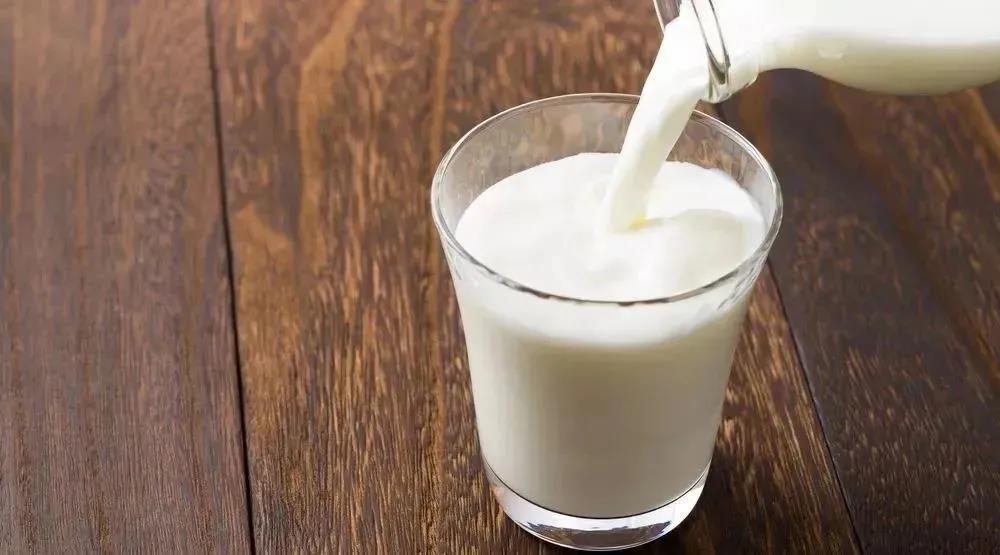
Despite rumors, milk and dairy products are definitely the first calcium supplement.
Milk is rich in calcium. There is more than 200 mg of calcium in a cup of milk (200 ml). Drinking a cup of milk + a cup of yogurt every day basically meets half of the calcium demand.
Moreover, the calcium in milk is particularly easy to absorb. It is a rare “natural calcium tablet”. You must remember to drink it.
Calcium supplement tips
Drink at least 300 grams of dairy products every day, such as a cup of milk + a cup of yogurt;
Eat 500 grams of vegetables every day, half of which are dark green leaves;
Have more whole grain Cereals, soybeans, tofu and dried beans;
Have some nuts, sesame paste, shrimp and shellfish in moderation.
Comments